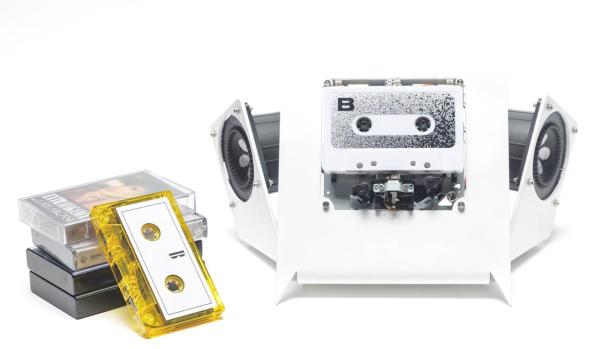So first up, we have BatBadBut, a pun based on the vulnerability being “about batch files and bad, but not the worst.” It’s a weird interaction between how Windows uses cmd.exe to execute batch files and how argument splitting and character escaping normally works. And what is apparently a documentation flaw in the Windows API.
When starting a process, even on Windows, the new executable is handed a set of arguments to parse. In Linux and friends, that is a pre-split list of arguments, the argv array. On Windows, it’s a single string, left up to the program to handle. The convention is to follow the same behavior as Linux, but the cmd.exe binary is a bit different. It uses the carrot ^ symbol instead of the backslash \ to escape special symbols, among other differences. The Rust devs took a look and decided that there are some cases where a given string just can’t be made safe for cmd.exe, and opted to just throw an error when a string met this criteria.
And that brings us to the big questions. Who’s fault is it, and how bad is it? I think there’s some shared blame here. The Microsoft documentation on CreateProcess() strongly suggests that it won’t execute a batch file without cmd.exe being explicitly called. On the other hand, This is established behavior, and scripting languages on Windows have to play the game by Microsoft’s rules. And the possible problem space is fairly narrow: Calling a batch file with untrusted arguments.
Almost all of the languages with this quirk have either released patches or documentation updates about the issue. There is a notable outlier, as the Java language will not receive a fix, not deeming it a vulnerability. It’s rather ironic, given that Java is probably the most likely language to actually find this problem in the wild. Continue reading “This Week In Security: BatBadBut, DLink, And Your TV Too”













